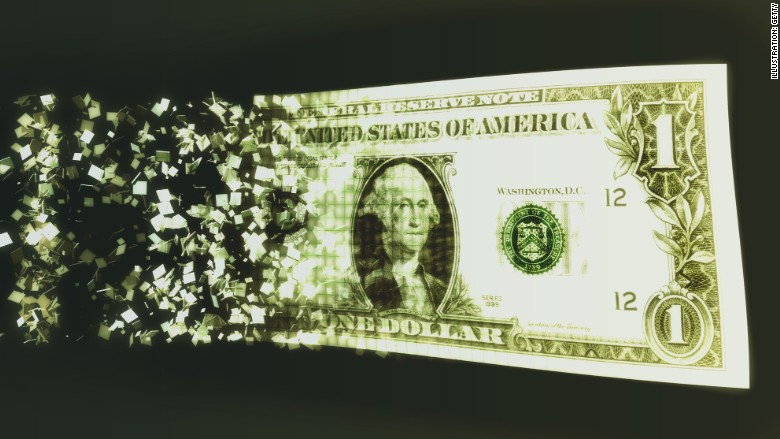
Before the virtual currency Bitcoin there was Liberty Reserve -- and its founder just got sentenced to 20 years in prison.
Arthur Budovsky, 42, ran an online digital money business out of Costa Rica called Liberty Reserve. The U.S. government contended that the whole thing was just a massive, $6 billion money laundering operation.
On Friday, U.S. District Judge Denise L. Cote sentenced him to two decades in federal prison. She said Budovsky did not show "genuine remorse," according to the Department of Justice.
For seven years starting in 2006, anyone could use Liberty Reserve's website to transfer money with little oversight. All the site required was someone's name, e-mail address, and birthday. Normally, banks have stricter standards to avoid funneling criminal funds.
But that's exactly what Liberty Reserve turned into, according to federal agents. It became a favorite for stashing cash by credit card traffickers and identity thieves.
At its height, according to a federal indictment, Liberty Reserve had more than 1 million customers worldwide, including 200,000 in the United States. It handled 12 million financial transactions a year.
Liberty Reserve fell into the U.S. government's sights, because it ran such a huge operation without oversight. In the post-9/11 world, law enforcement was keen to keep track of every dollar to avoid it ending up funding terrorists.
That's why the U.S. government used the Patriot Act to go after this payment processor. The U.S. Treasury Department labeled it a money laundering organization, and cut it off from the American financial system.
In 2013, American investigators took over the website and shut it down. In 2014, Budovsky and several coworkers were arrested in Spain. Then Budovsky was extradited to the United States to face trial for money laundering and operating an unlicensed money transmitting business.
In January, Budovsky pleaded guilty to money laundering and admitted to secretly moving at least $122 million.
In a prepared statement, Assistant Attorney General Leslie R. Caldwell said: "The significant sentence handed down today shows that money laundering through the use of virtual currencies is still money laundering, and that online crime is still crime."
Budovsky's attorney did not immediately respond to CNNMoney's request for comment.
Budovsky and an associate, Vladimir Kats of Brooklyn, had previously been arrested for a similar digital currency exchange called GoldAge. After their arrests, they both moved to Costa Rica to avoid American law enforcement, according to the U.S. government. Budovsky even renounced his citizenship.
"Despite all his efforts to evade prosecution, including taking his operations offshore and renouncing his citizenship, Budovsky has now been held to account for his brazen violations of U.S. criminal laws," Manhattan U.S. Attorney Preet Bharara said in a statement.

